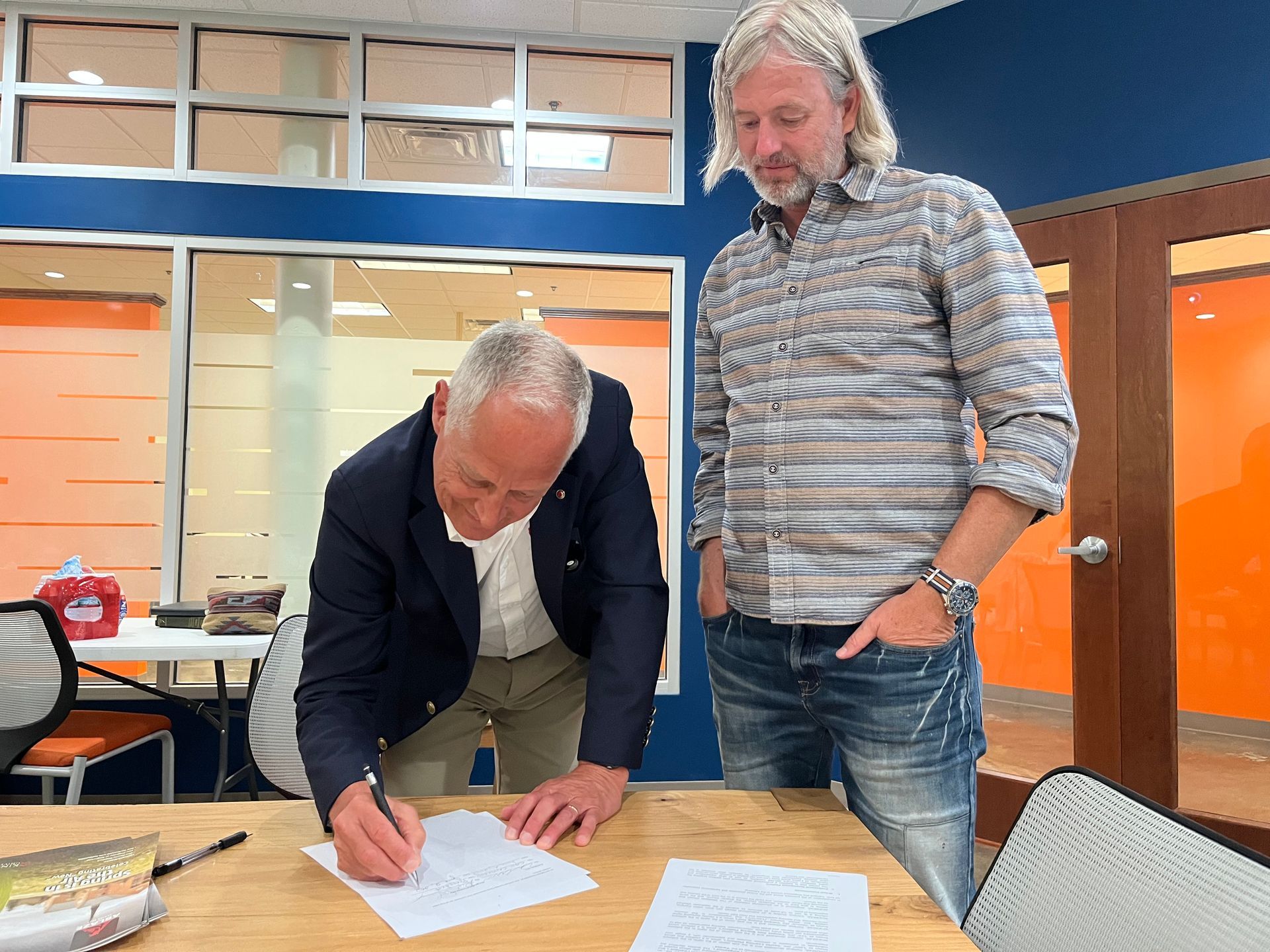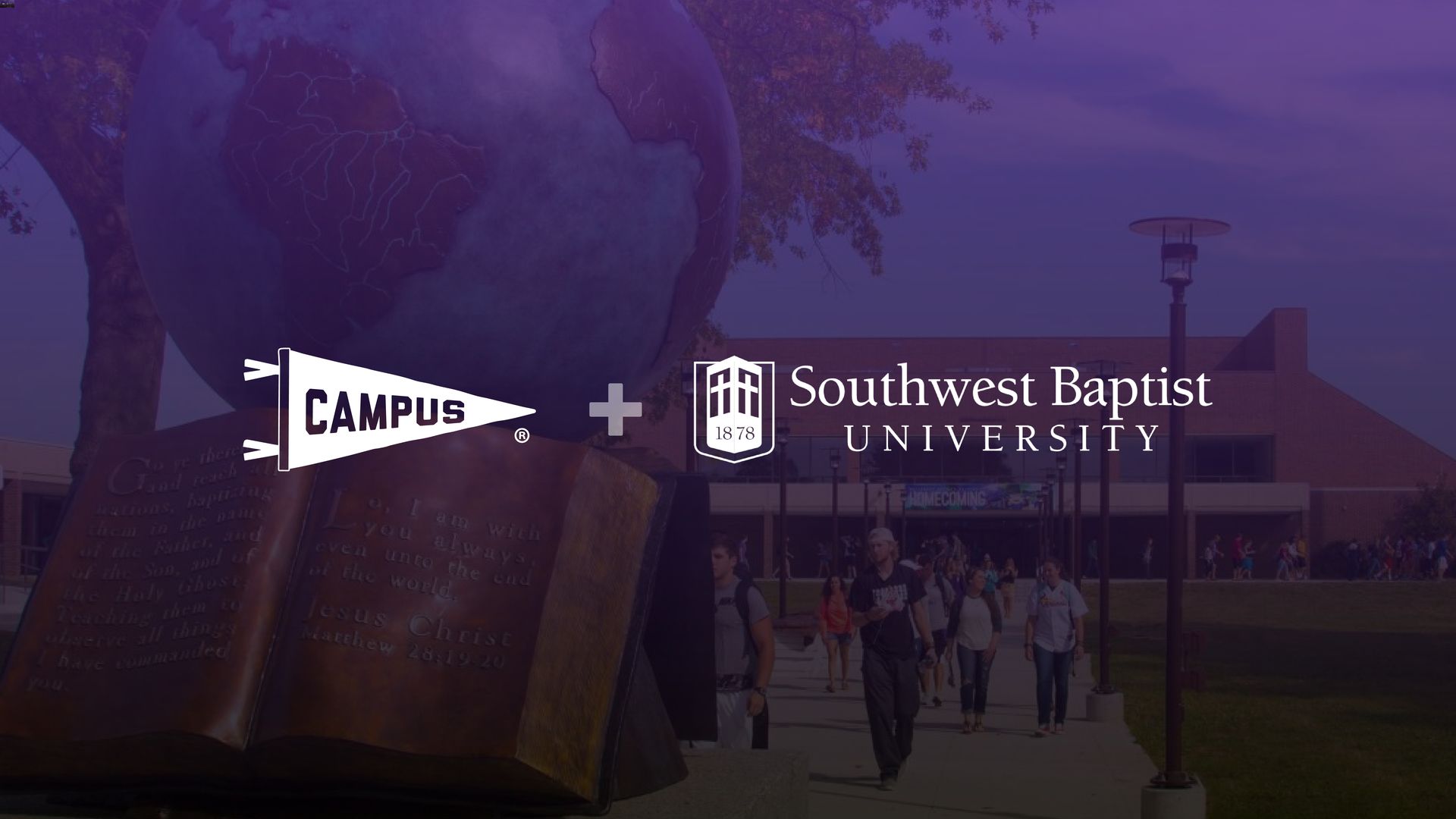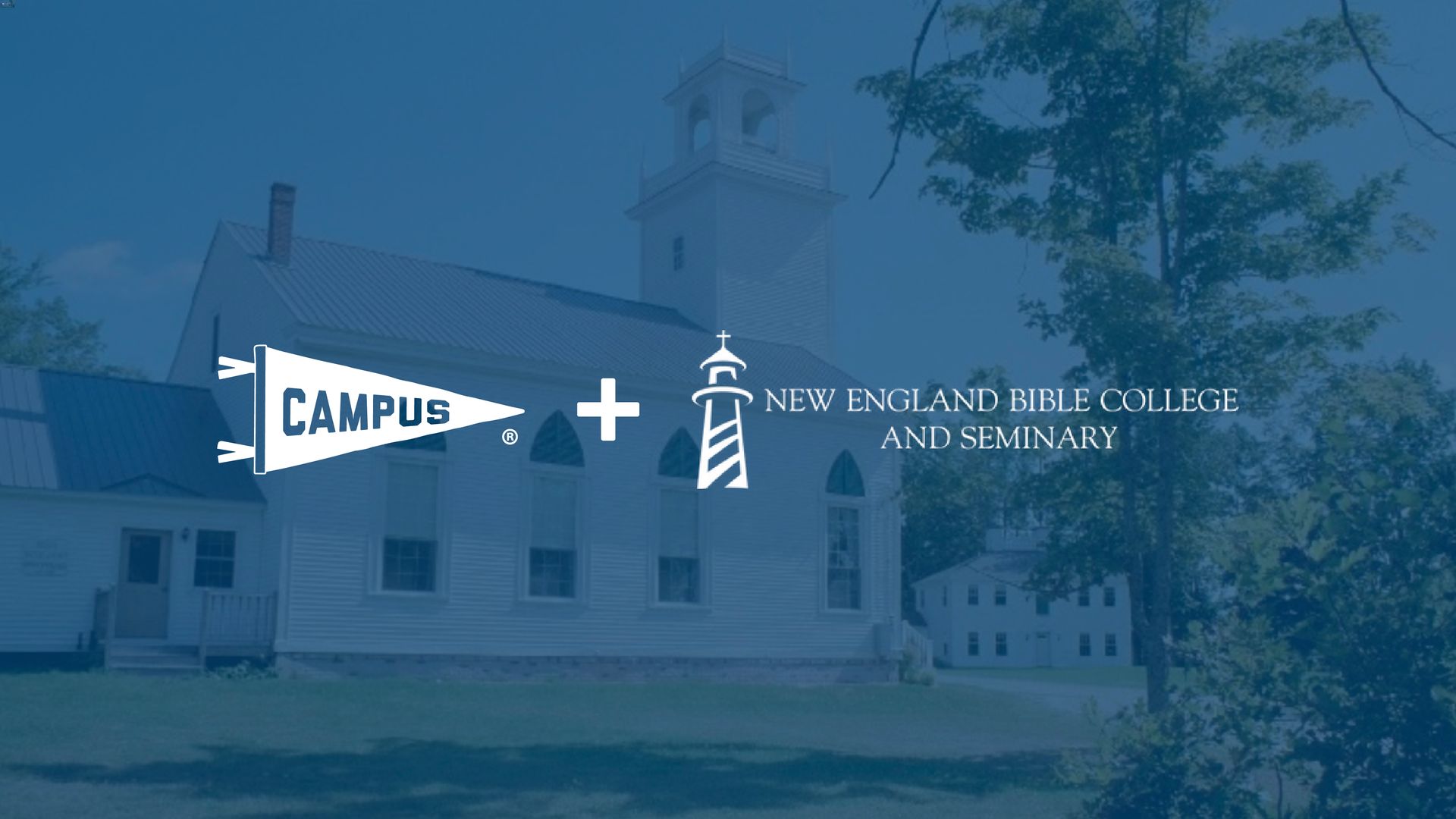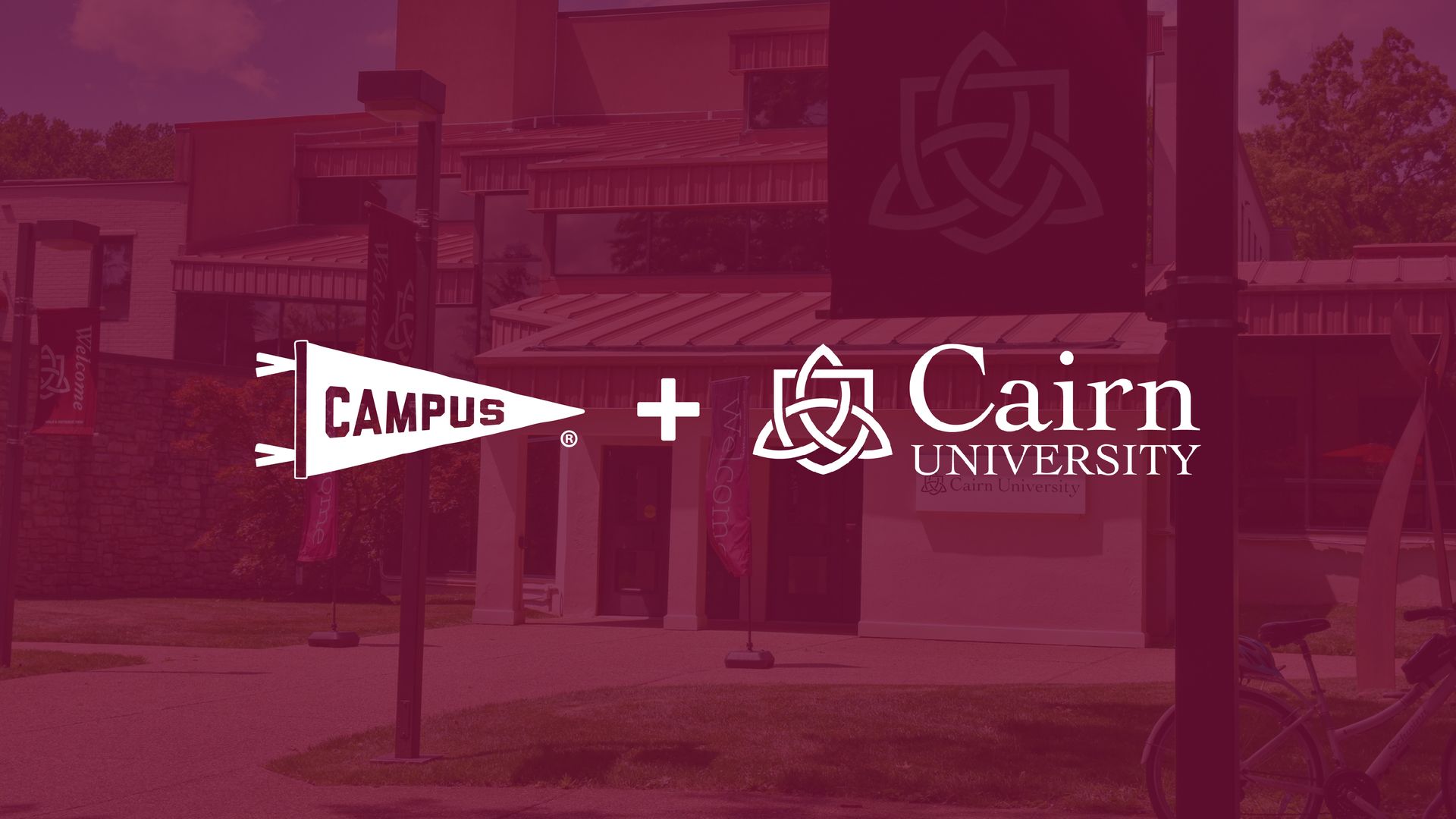Why Campus: Enhanced Courses
Ken Schenck
November 30, 2021
This is a subtitle for your new post

Why Campus: Enhanced Courses
Written by Ken Schenck
Not too long ago, some children of a friend took an online high school course with a university known for its online high school program. The parent was amazed both at how uninteresting the courses were, coupled with the fact that it was a university especially known for its high school online program. That experience was one of the sparks behind the founding of Campus Edu.
Another impetus for the existence of Campus Edu is to provide better quality online courses than are sometimes typical of online courses right now.
Interestingly, most Ph.D. programs do not include courses on how to teach. A Ph.D degree is about becoming an expert on a particular, narrow subject and making some small, original contribution to the timeless pursuit of knowledge. It has nothing to do with teaching that subject.
By contrast, the primary purpose of most colleges and universities is surely to bring about education, to facilitate learning. Accordingly, most colleges and universities should be student-focused. True, there are research institutions that focus as much or more on expanding the universe of knowledge, but this is a minority of colleges, especially Christian colleges. The focal task of most colleges and universities is that of teaching.
It takes a certain skill set to teach. It is a different skill set than the skill that distinguishes a good Ph.D. student. A good teacher not only needs to understand the subject. He or she needs to be able to break a subject down into appropriate bites, often down to an elementary level. He or she will also need some skill in communication and pedagogy. Perhaps surprisingly, the best teacher may not at all be the person with the most in-depth knowledge of the subject.
Additionally, students often do not take courses because they want to. The way the system is set up, courses are usually prescribed for them as part of some overall major or degree. As a result, the students in a class may not actually be interested at all in that class’ subject matter. A good teacher will know how to generate interest, not to mention have a sense of how to properly assess learning.
The best practice in instructional design, especially for the online context, recognizes at least three key roles in the educational process, each involving distinct gifts and skill sets: 1) the subject matter expert who knows the content (SME), 2) the facilitator who has skills at bringing about understanding and may be a good mentor, and 3) the person who is gifted at assessment, giving formative and summative feedback.
1. Campus courses are more engaging.
Much has been said and written about declining attention spans among youth. We live in such a stimulating world that a lot of higher education feels like everything is moving in hyper-slow motion. There have of course always been students who had trouble paying attention to our talking speed. Some of them turn out to be quite brilliant in ways we missed because we weren’t looking in the right place. In fact, we have sometimes shamed them for having a short attention span.
What if we are sometimes to blame? What if some classes actually are more boring than they need to be? What if we sometimes fail to make the relevance of our subject matter clear? What if some students’ brains just move faster than our play speed? They are off making connections or applications before we have finished our sentences.
Certainly, paying attention to boring things is a skill we have to learn in life. Most of life arguably is boring. But we sometimes forget that people are paying a lot of money to take these courses, and they have other options. What if we could do better at connecting to our students’ brains? If we could design courses where more students would learn more, why wouldn’t we? Isn’t that the purpose of the educational system in the first place? And students would surely gravitate toward that approach.
MasterClass is just one example of making learning more interesting. TED talks are a good example of holding people’s attention and keeping to the point. What if Campus Edu could help Christian colleges make their classes more interesting, with top quality videography and more intentional instructional design? What if Campus could help older online programs update their courses? What if our expectation of college was that students find their courses relevant and interesting?
When online courses first emerged, they were understandably heavy on writing. You practically wrote a book type-type-typing in endless Discussion Forums and never-ending submissions. These are good learning tools to be sure. Nevertheless, I have taken online courses with the “giants” of online education. My reaction is almost always the same. It can be done better!
2. Campus courses are actually about learning.
Those in the education business--the actual education business, not the subject expert business--have been talking about differing learning styles for a very long time. David Kolb famously suggested a four stop learning cycle in 1984--1) concrete experience, 2) reflective observation, 3) abstract conceptualization, and 4) active experimentation leading to a repetition of the cycle all over again. [2]
Since then educators have suggested that there are four learning styles [3] or maybe seven [4] or maybe even twelve [5]. Here are some of the styles that have been suggested:
- auditory (listening)
- visual (seeing images)
- tactile (touching)
- kinesthetic (involving our bodies)
- experiential (learning by doing)
- logical/sequential (deductive learners)
- inductive/problem-based learners
- narrative/storied learners
- big-picture to details
- details to big-picture
- verbal processors/writing it out/teaching it
- social/interactive learners
- solitary/reflective learners
Almost certainly we learn in combinations of styles.
A quick glance suggests that the traditional approach to teaching is primarily auditory, logical, and detailed. Yet this is a relatively small minority of learners. Online education thus far has tended to go to the other extreme, heavy on the “writing it out” and reflect styles. What if learning was designed to engage much more of who we are? What if we could connect with students the system has more or less ignored, the “lost sheep of education”?
Here are some examples of how Campus courses engage more of who we are:
- Our online courses have a very high visual component, with top quality videography.
- Our courses build around a story. A creative team works with a course writer to develop a narrative that runs through the class. We aim for something personal to the professor, like canoeing or sketching or hiking.
- The courses aim at shorter segments of instruction to hold attention, “learning atoms.”
- The courses typically are videoed with outside components and involve the kind of movement that is untypical of most classrooms, even in person.
- The online courses typically have opportunities for live interaction with other students and the course professor. (This kind of live interaction has been relatively unusual for online classes.)
- Nevertheless, the writing learning style is still present, coupled with a push for reflection.
3. Campus courses will keep up with developments.
Campus is only two years old, so the educational innovation is just beginning. We had a discussion just this past weekend about how some online education might become more like gaming in the future. If you think about the learning styles involved in gaming, it involves hearing, seeing, moving, experiencing, storylines, problem-solving, and social-interaction, all at a fast pace. What if online education could, in many circumstances, be this engaging?
It is being done, and it will be done. Campus is committed to keep up with these developments. An individual college probably will not be able to do so on its own. Campus Edu provides a way for us to band together and do it together, powered by Campus.
[1] Kolb, D. A. (1984). Experiential learning: Experience as the source of learning and development (Vol. 1). Englewood Cliffs, NJ: Prentice-Hall.
[2] https://sphero.com/blogs/news/learning-styles-for-kids
[3] https://educlouds.co.in/educlouds-blog/different-types-of-learning-styles/
[4] https://goodsensorylearning.com/blogs/news/multisensory-learners
The Campus Blog




